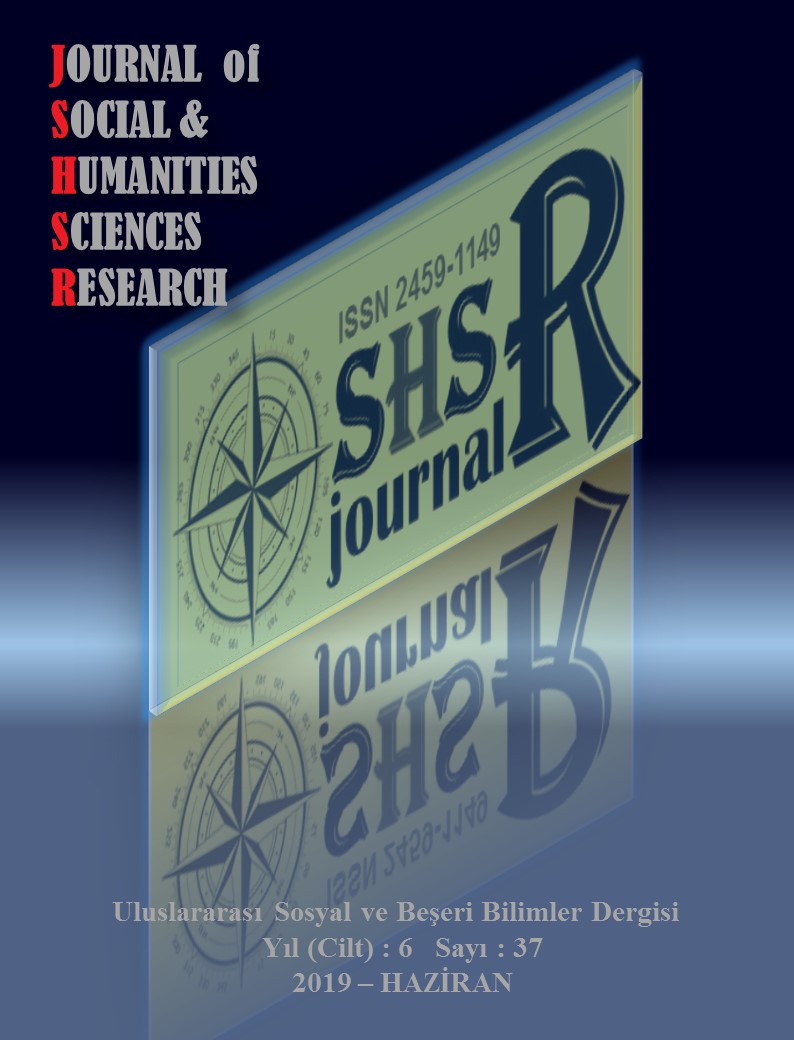ALIMONY AND SOLATIUM AFTER THE DIVORCEMENT IN TERMS OF ISLAMIC LAW
DOI:
https://doi.org/10.26450/jshsr.1206Keywords:
Divorcement, Solatium, Mehr, Alimony, Mut’a MarriageAbstract
Divorcement happens when a family – consisting of mother, father and children – that has come together with marriage or lineage ends. Desires, emotions and feelings that woman and man have for each other are by virtue of Sunnatullah, and satisfying these feelings- conformed with disposition- and marriage in accordance with Sunna are commanded; but adultery is forbidden.
Hinderences like illness, dissension, antagonism, couples of no more feelings for each other, discordance stemming from couples cause to move away from the main aim of marriage whose purpose is to start a family to raise favorable generation, and therefore, they cause to marital breakdown in mandatory and necessary situations. With permission of this, marital breakdown can also be done, directly by the man or the woman who has the right of talaq(divorce), with the judgement call or negotiant.
When we look at the Islamic decretals, the truths which man has in his disposition have been borne in mind. Allah –best knowing the human which was created- permits the termination of this foundation that has become unbearable.
“A divorce is only permissible twice: after that, the parties should either hold together on equitable terms, or separate with kindness.” (Al-Baqara-The Cow- 2/229)
“O Prophet! When ye do divorce women, divorce them at their prescribed periods, and count (accurately).” (At-Talaq - The Divorce - 61/1)
The Prophet (pbuh) said: ‘’ Of all the lawful acts, the most detestable to Allah is divorce.’’ (Abu Dawud, Divorce, 3)
Downloads
Published
How to Cite
Issue
Section
License
Copyright (c) 2019 INTERNATIONAL JOURNAL OF SOCIAL HUMANITIES SCIENCES RESEARCH

This work is licensed under a Creative Commons Attribution 4.0 International License.


